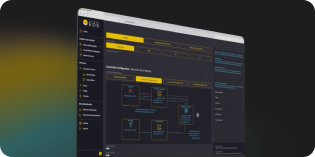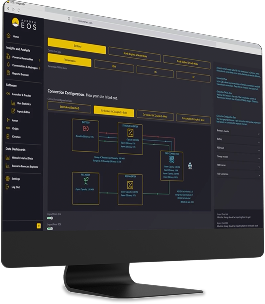Why partner with us?
Aurora Energy Research is Europe’s leading power market analytics provider. Our events bring together senior decision-makers from across the energy sector to engage on key topics such as power markets, renewables, PPAs, hydrogen, storage, CO₂ pricing, and energy finance.
By partnering with us, you’ll gain visibility among high-level stakeholders, position your brand as a thought leader in the energy transition, and connect with key industry players in a curated, influential setting. Our events are backed by rigorous analysis and trusted to inform major policy and investment decisions worldwide.
Global Presence
Our global event series spans major energy hubs, including the Aurora Energy Transition Summit in Warsaw (February), the Spring Forum in London (April), the Berlin Summit (September), the Energy Transition Forum in New York (October), the Energy Finance Conference in Paris (October), and the London Summit (November) focused on the UK market.
About
Europe’s energy markets are rushing into a new era. As renewables grow their share in the mix, price volatility, especially the sharp rise in negative prices, reshapes market dynamics and investment decisions. This new normal is challenging developers, lenders, and policymakers to rethink risk, revenue models, and financial resilience across the board.
Negative prices are no longer a distant concern. Germany and the Nordics have already experienced record lows, while Spain is now seeing a sudden onset of such market conditions. These developments are creating uncertainty not only for merchant projects but also for those backed by PPAs.
Yet, there are upsides for those ready to adapt. Flexible energy technologies, especially energy storage and advanced trading, are moving from support roles to centre stage. Still, the economics of storage remain complex. Value can vary significantly by project, and many lenders are still climbing the learning curve to understand the sources and scale of revenue fluctuations tied to storage.
The road ahead remains uncertain. How long will negative pricing trends persist? Can existing business models survive without a redesign? And what role should the finance sector play in accelerating Europe’s transition while safeguarding investment stability?
These are just some of the questions we’ll tackle at the Aurora Energy Finance Conference 2025. From lenders navigating risk in an evolving policy landscape to developers tackling grid constraints and investors seeking bankable strategies, the event brings together the leading voices in European energy finance. Secure your free place today and help shape the financial playbook for Europe’s energy transition.




























































